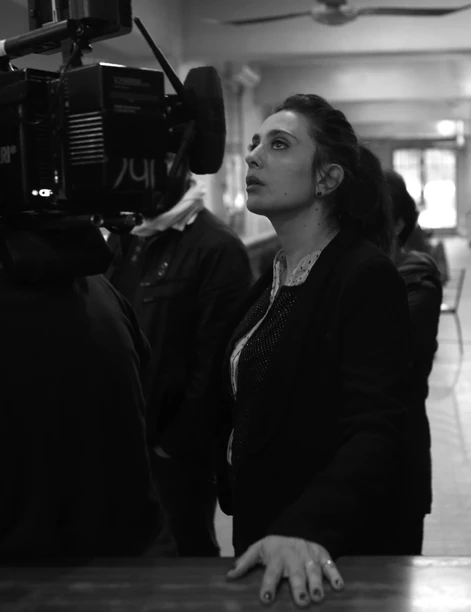Mia Sherry The long journey home in Nadine Labaki’s thematic trilogy Tackling trauma, identity and nationality through religion and tradition, Nadine Labaki’s thematic trilogy— Caramel (2007), Where Do We Go Now? (2011) and Capernaum (2018)— situates and contextualises these issues within the centrepiece of modern life: the home. ‘Home’ in Labaki’s films extends beyond the…
Continue ReadingMonth: July 2022
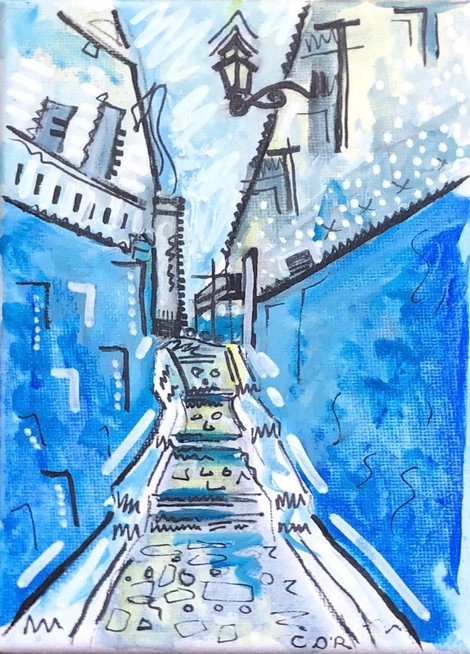
Colours of Rabat
Caoimhe O’Regan Artistic representations of the Moroccan capital’s urban landscapes In this collection of original artwork, Caoimhe O’Regan presents her interpretation of the urban landscapes and colours of Rabat. Caoimhe’s artwork is not only inspired by the winding streets and beautiful light of Rabat, but some of her inspiration is also drawn from the painting…
Continue Reading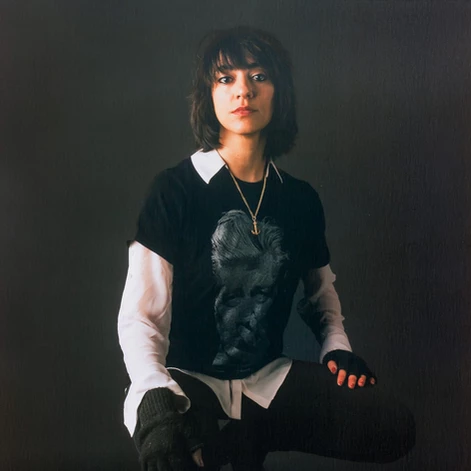
Identity and Feminism in A Girl Walks Home Alone at Night
An exploration of Ana Lily Amirpour’s genre-defying film A Girl Walks Home Alone at Night is often referred to as the “first Iranian vampire spaghetti western”. Released in 2014, it premiered at the Sundance Film Festival and was American-Iranian filmmaker Ana Lily Amirpour’s feature film debut. It tells the story of a vampire, referred to…
Continue Reading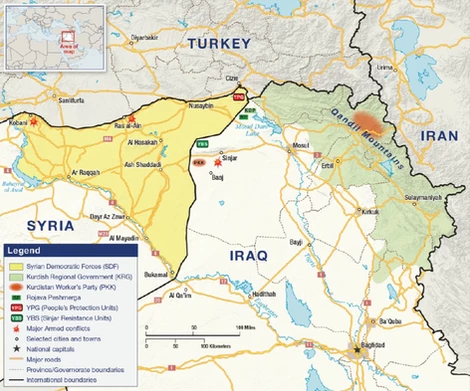
Progressive Politics in the Autonomous Administration?
Sinéad Barry A look at the Kurdish-led region of northeast of Syria and its supposed conformity to democratic values Ten years after the outbreak of civil war, the northeast of Syria (NES) has built an autonomous region on the periphery of the Assad controlled territories. The area is led by Kurds, loyal to the radical…
Continue Reading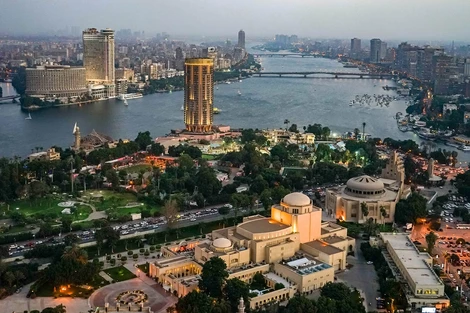
Hydro-Hegemony in the Upper Nile Basin
Lucy Annabella Banisch The Shifting Power Relations between Egypt, Ethiopia, and Sudan within the Past Decade The Nile is the longest transboundary river in the world, passing through eleven states inhabited by roughly 535 million people. It is fed by two tributaries, the White Nile and the Blue Nile, originating in the Ethiopian highlands and…
Continue Reading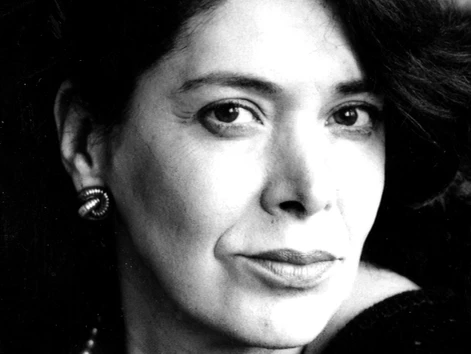
Postcolonial Voices
Constance Quinlan Fantasia, An Algerian Cavalcade by Assia Djebar Postcolonialism can be understood as “a multifaceted and open process of interrogation and critique […] a process, a way of thinking through critical strategies [between self and other]” (Hiddleston, 2009, p.4). Assia Djebar’s Fantasia is emblematic of this task. Her “literature forms a site of experimentation,…
Continue Reading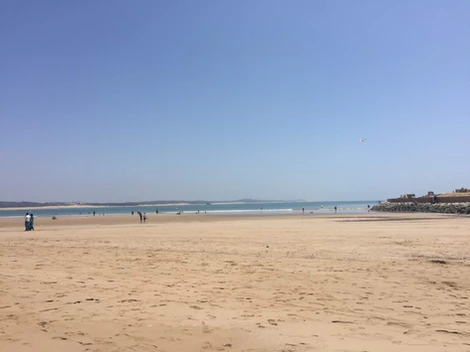
‘Mediterraneanism’ as Colonialism
The extent to which Mediterranean ideas influenced French and Spanish imperial experiments in North Africa can be seen, not in the ways that they converge, but indeed in the manner to which they diverge and adapt according to each coloniser’s agenda.
Continue ReadingThe Biopolitics of Sex
Today biopower is everywhere. Since the beginning of the COVID-19 pandemic, biopolitical infrastructure has framed our existence, even dictated it. We depend on our politicians and our world leaders to incorporate critical aspects of human biology, including contagion, into their political agendas in order to keep society alive. Nevertheless, biopolitical motives are not always directly employed in a positive alliance with human welfare.
Continue ReadingOrientalism in Irish Theatre
This essay will examine an orientalist playbill announcing the performance of the Christmas Pantomime Sinbad the Sailor at the Gaiety Theatre in 1892. I
Continue Reading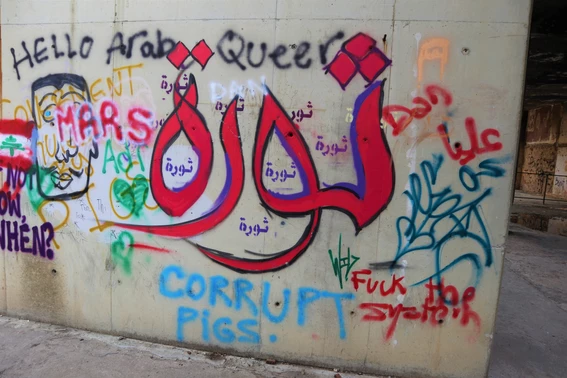
The Egg
The Egg stands in the heart of Martyrs’ Square, Beirut. It looks incongruous, almost like a big, ugly concrete whale, supplanted amidst the buzz and chaos of Lebanon’s capital city. Originally designed as a cinema, The Egg was supposed to be the crowing glory of architect Joseph Philippe Karam’s “Beirut City Centre” shopping centre and office space. Unfortunately, its construction was halted by the Lebanese Civil War and for decades it lay derelict.
Continue Reading
